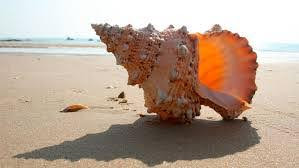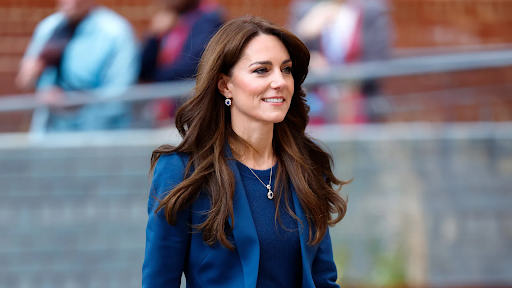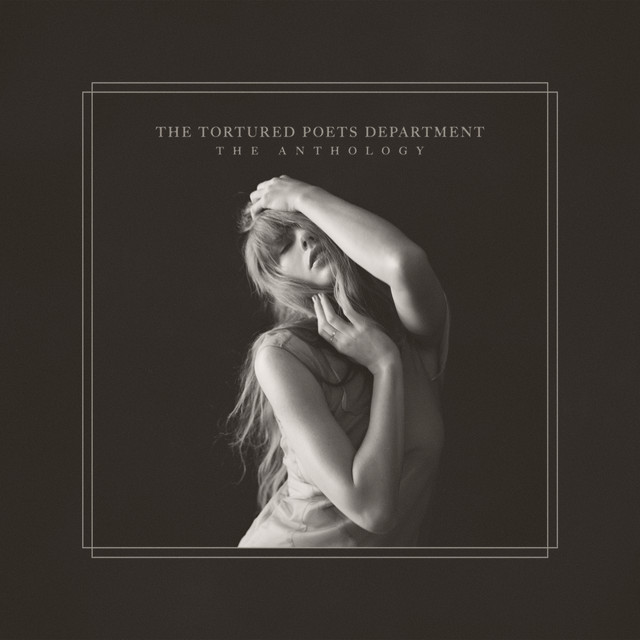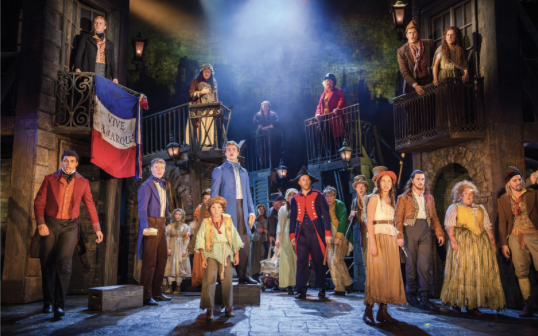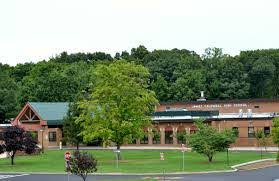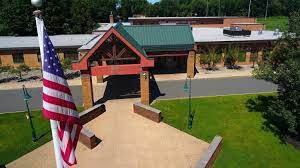For the first time in 598 years, Roman Catholics around the world saw their beloved leader, His Holiness the Pope, step down from his position. Pope Benedict XVI, age 85, announced to his closest advisors, the Cardinals, on Monday, February 11, 2013 that he would resign the Papacy later that month, on February 28. Pope Benedict is one of a handful of Popes in the history of the Catholic Church to resign. Traditionally, the Papacy is a position held until death. We saw this with Pope John Paul II, who died in office in 2005 at the age of 84. Pope Benedict has cited declining health for his resignation, something which Pope John Paul II was considering in the years preceding his death.
Pope Benedict XVI is the 265th Pope, elected by the College of Cardinals in 2005. Pope Benedict, whose birth name is Joseph Ratzinger, was born on April 16, 1927 in Germany. He was ordained a priest in Munich in 1951, and became a college professor at the University of Muenster. Eleven years later, Ratzinger served as Chief Theological Expert to Cardinal Joseph Frings of Germany. During this time, many viewed him as a reformer. In 1977, he was named Archbishop of Munich and Freising, and was named a Cardinal just three months later by Pope Paul VI. Later, in 1981, Pope John Paul II named Ratzinger Prefect of the Congregation for the Doctrine of Faith. In 1998, he became Vice Dean of the College of Cardinals, and was elected Dean by his fellow Cardinals in 2002. On April 19, 2005, Ratzinger was elevated to the Papacy and celebrated an Inauguration Mass five days later. The United States welcomed Pope Benedict XVI in 2008, where he delivered an address at the United Nations. Later in 2008, Pope Benedict spoke at the first Catholic-Muslim Forum, a three day conference of Catholic and Muslim leaders.
Pope Benedict, who was widely known as the Holy Father, made this very personal decision after his health began to seriously deteriorate. His physician strongly encouraged the Pope to avoid trans-oceanic travels in early February, and as a result, Pope Benedict decided to abdicate the Papacy, feeling that he was unable to continue his duties as head of the largest religious denomination in the world, with over one billion Catholics. Canon law, the “code of Catholic law,” states that the Pope may relinquish the Papacy if the decision is made “freely and properly manifested.” The Vatican announced on February 11 that Pope Benedict would reside in the Papal summer estate, until a permanent residence is prepared later in the year. President Barack Obama released a statement on February 11, stating that he and First Lady Michelle Obama “warmly remember our meeting with the Holy Father in 2009, and I have appreciated our work together over these last four years.”
The Pope abdicated on February 28, and the College of Cardinals are now presented with the task of electing a new leader. The United States, with eleven active Cardinals, will have eleven votes in the election. This is almost ten percent of the electorate, and the second largest, second to Italy, which has 28 votes. Possible successors are already being mentioned by news organizations around the globe. NBC News, in an article on February 11, stated that possible successors to Pope Benedict include Cardinal Angelo Scola of Italy, Cardinal Peter Turkson of Ghana, Cardinal Marc Ouellet of Canada, and Cardinal Christoph Schoenborn of Austria. Closer to home, Cardinal Timothy Dolan, Archbishop of New York, is considered a “longshot” for the Papacy. Canon law states that voting cannot begin until there is no Pope in office, whether he dies or abdicates. The considerations and deliberations began earlier this month, as Catholics bade their beloved Pope Benedict farewell. A final election is expected before Easter, the celebration of the Resurrection of Jesus Christ. But only time will tell, as Easter falls on March 31st this year, and selecting a successor traditionally takes a great deal of time. Each time there is a vote by the Cardinals, smoke will be emitted from the Sistine Chapel, in one of two colors. This smoke is created from the burning of the ballots. Black smoke, produced by the burning of ballots and special chemicals, announces to the world that no decision had been made, while white smoke proclaims to the world’s Catholics that a new Holy Father has been selected.
The resignation of Pope Benedict XVI was a shock to Catholics around the globe, none of whom has seen an abdication of the Holy Father. In the coming weeks, we will see the election of a new Pope and a new face of the Roman Catholic Church.

